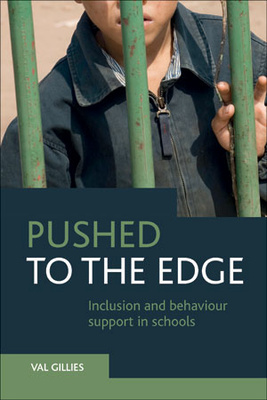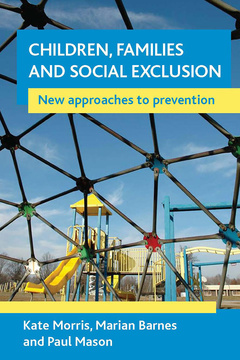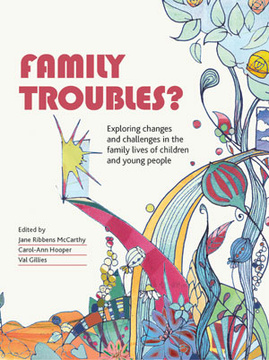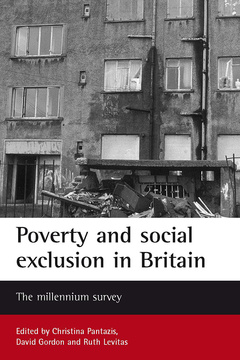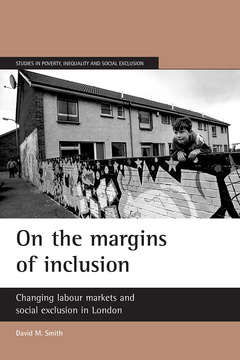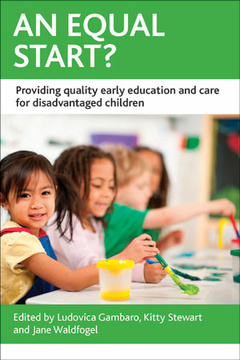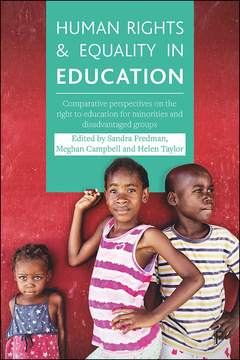Published
Apr 6, 2016Page count
224 pagesISBN
978-1447317470Dimensions
234 x 156 mmImprint
Policy PressPublished
Apr 6, 2016Page count
224 pagesISBN
978-1447317463Dimensions
234 x 156 mmImprint
Policy PressPublished
Apr 6, 2016Page count
224 pagesISBN
978-1447317517Imprint
Policy PressPublished
Apr 6, 2016Page count
224 pagesISBN
978-1447317500Imprint
Policy PressWhile debates rage about educational inequality and the best way to tackle attainment gaps, a pervasive form of in-school segregation is going largely unremarked upon. Internal behaviour support units have become common fixtures in British schools. Young people may be removed from mainstream classrooms for weeks, months or even years to undergo rehabilitative programmes that incur little monitoring or oversight.
This original book is the first to provide a detailed insight into the politics and practices of internal school exclusion, highlighted through the experiences of the young people attending the units. Ambitious in its scope, it draws on intensive ethnographic research with pupils, their teachers and parents to address broad questions around social justice, equal opportunities and institutional racism. It will appeal to students, researchers and practitioners in education, social policy, sociology and beyond.
"This deeply narrative-driven research evocatively writes about a classed, raced and gendered education system for those children who are considered ‘troublesome’. A remarkable, honestly debated ethnographic work." Chrissie Rogers, Aston University
"While the analysis is conducted with scientific rigor and intellectual clarity, Gillies’ style of writing is engaging and enjoyable, thus it should be warmly recommended to teachers and the wider public." - Journal of Education Policy
Val Gillies has researched and published in the area of family, social class and marginalised children and young people, producing a wide range journal articles and books and chapters on parenting, youth, behaviour support policies in schools, home school relations as well as qualitative research methods.
Disciplining pupils: from exclusion to ‘inclusion’;
An ethnography of ‘inclusion’: reflecting on the research process;
Contextualising challenging behaviour;
Damaged boys, needy girls;
Dynamics of disadvantage: race, gender and class;
‘Yo momma ...’: foregrounding families;
“Ain't doing tramp's work”: educational marginalisation and imagined futures;
The politics of exclusion.







